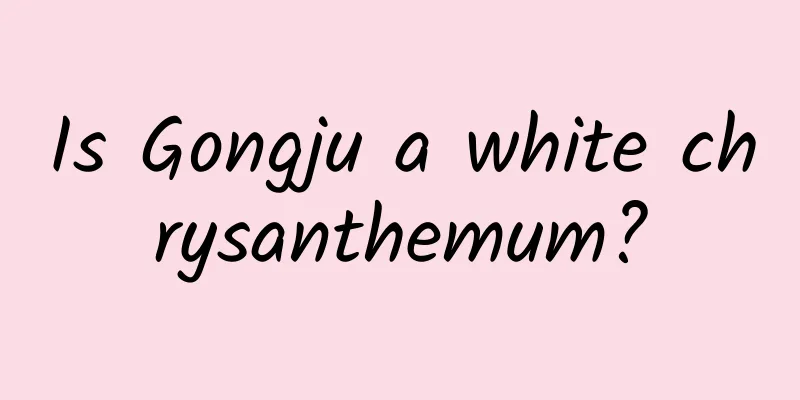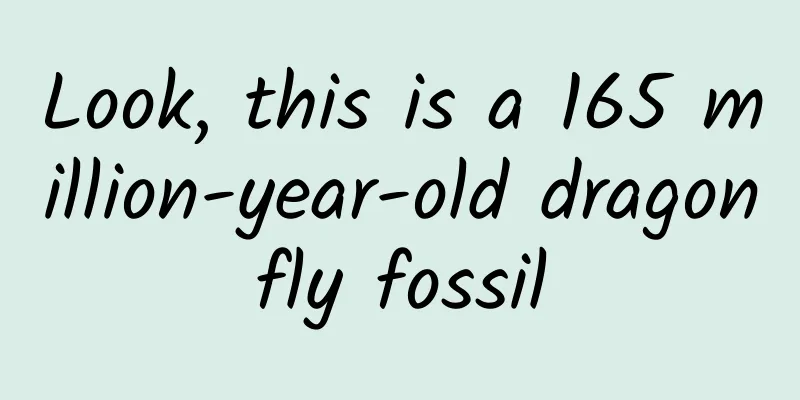The efficacy and function of the eight-clawed golden dragon [picture]
![The efficacy and function of the eight-clawed golden dragon [picture]](/upload/images/67ca659988446.webp)
|
As the pressure of modern life increases, more and more health care methods are emerging, but the most popular ones are still traditional Chinese medicine and Chinese medicine that have been tested for thousands of years. For example, the eight-clawed golden dragon [picture], so what are the effects and functions of the eight-clawed golden dragon [picture]? Let me introduce it to you today. [Other names] Hundred taels of gold, eight-clawed dragon, eight-clawed root, iron umbrella, high eight-clawed, open throat arrow [Sichuan] [Source] It is Ardisia crispa (Thunb.) DC. [A. hortorum Maxim ; A. henryi Hemsl.], a plant of the Myrsinaceae family. Its roots and leaves are used as medicine. Collected in summer and autumn. [Original form] Evergreen semi-shrub, up to 1 meter tall. The root is woody, slender columnar, branched, purplish brown, with a reddish cross section and small brown spots. The stem is less branched and the outer bark is gray-brown. Simple leaves are alternate and membranous; petiole is 8-15 mm long; leaf blade is lanceolate or broadly lanceolate, 9-20 cm long, 1.5-5 cm wide, acuminate at apex, broadly cuneate at base, margin nearly entire or wavy, often slightly curled, with small transparent oil spots on both sides and leaf margins. In summer, small purple flowers bloom at the tips of the stems, with several flowers arranged in axillary umbels, and the peduncle is about 6 cm long; the pedicels are slender, 1-2 cm long, densely covered with short glandular hairs; the calyx is 5-lobed, with lobes ovate-lanceolate; the corolla is bell-shaped, 5-parted, with lobes ovate to ovate-lanceolate; there are 5 stamens, inserted at the base of the corolla, with extremely short filaments and arrow-shaped anthers; the ovary is superior, the style is slender, and the stigma is small. The drupe is spherical, 5-7 mm in diameter, scarlet when ripe, with reddish-brown spots, with a persistent calyx at the base and often with style remnants at the top; 1 seed. [Habitat distribution] It grows in low mountain forests or in the shade and wet places of valleys. Distributed in Gansu, Jiangxi, Fujian, Hubei, Hunan, Sichuan and Guizhou provinces. [Chemical composition] The root contains ardisia acid (C 36 H 64 O 16 ), bergenin (C 14 H 16 O 9 , 2-tetrahydroxybutyl-4,6-dihydroxy-5-methoxyisocoumarin), p-hydroxybenzoic acid and bioalkali. It is also said that the root contains myrsinic acid A and B. [Preparation] Sun-dried. 【Nature and flavor】 Bitter, neutral. [Functions and indications] Clears the throat, relieves blood stasis and reduces swelling. Indications: sore throat, bruises, rheumatic bone pain. [Usage and Dosage] 3-5 coins for both the root and leaves. [Additional prescription] 1. Acute tonsillitis: 4 qian each of Octopus japonicus root and Belamcanda chinensis, decocted in water and taken orally. 【Excerpt】 National Compendium of Chinese Herbal Medicines Through the introduction of the above content, we can understand that the Eight-clawed Golden Dragon [Picture] plays a very important role in treating some diseases. The consumption of the traditional Chinese medicine Octopus Golden Dragon [Picture] should also be determined according to one's own physical condition. Remember not to take the medicine blindly. |
<<: The efficacy and function of North Wind Grass
>>: The efficacy and function of northern sedge
Recommend
What are the medicinal values of ginseng
There are many people planting ginseng now. Many ...
Rebellious "performance artists" in the sea: The mystery of striped shrimp "standing upside down" is revealed
If ordinary fish are economy class, then striped ...
Can locust plagues be avoided by pinching the locusts' "nose"?
Produced by: Science Popularization China Author:...
The 100th launch! The Long March 4 series carrier rocket successfully launched the Fengyun-3-06 satellite
At 11:47 on August 3, 2023, my country successful...
What are the effects of white Polygonum multiflorum
The effects of white Polygonum multiflorum are di...
What is betel nut?
There are many foods in our lives that are not co...
Welcome the God of Wealth on the 5th day of the New Year|The Gods of Wealth from ancient times to the present, all explained to you in one breath →
It is the day to welcome the God of Wealth on the...
The efficacy and function of snake fear
There are many common Chinese medicinal materials...
How to eat and prepare Mingliezi
Mingliezi is a kind of precious Chinese herbal me...
Nielsen: Differences in mobile shopping between smartphone and tablet users
According to Nielsen's Q1 2012 survey, most (...
323 World Meteorological Day | Interesting facts about typhoons: just read this article!
In a few months, the typhoon season will come one...
Niuhuang Jiedu Tablets
Speaking of the medicine Niuhuang Jiedu Tablets, ...
The efficacy and function of Tamarix
I don’t know if you are familiar with Tamarix and...
Heavy snow丨Cold clouds cover the sky, white snow falls on the ground
"At first the sound of tiles was heard spars...









